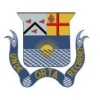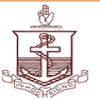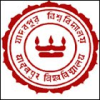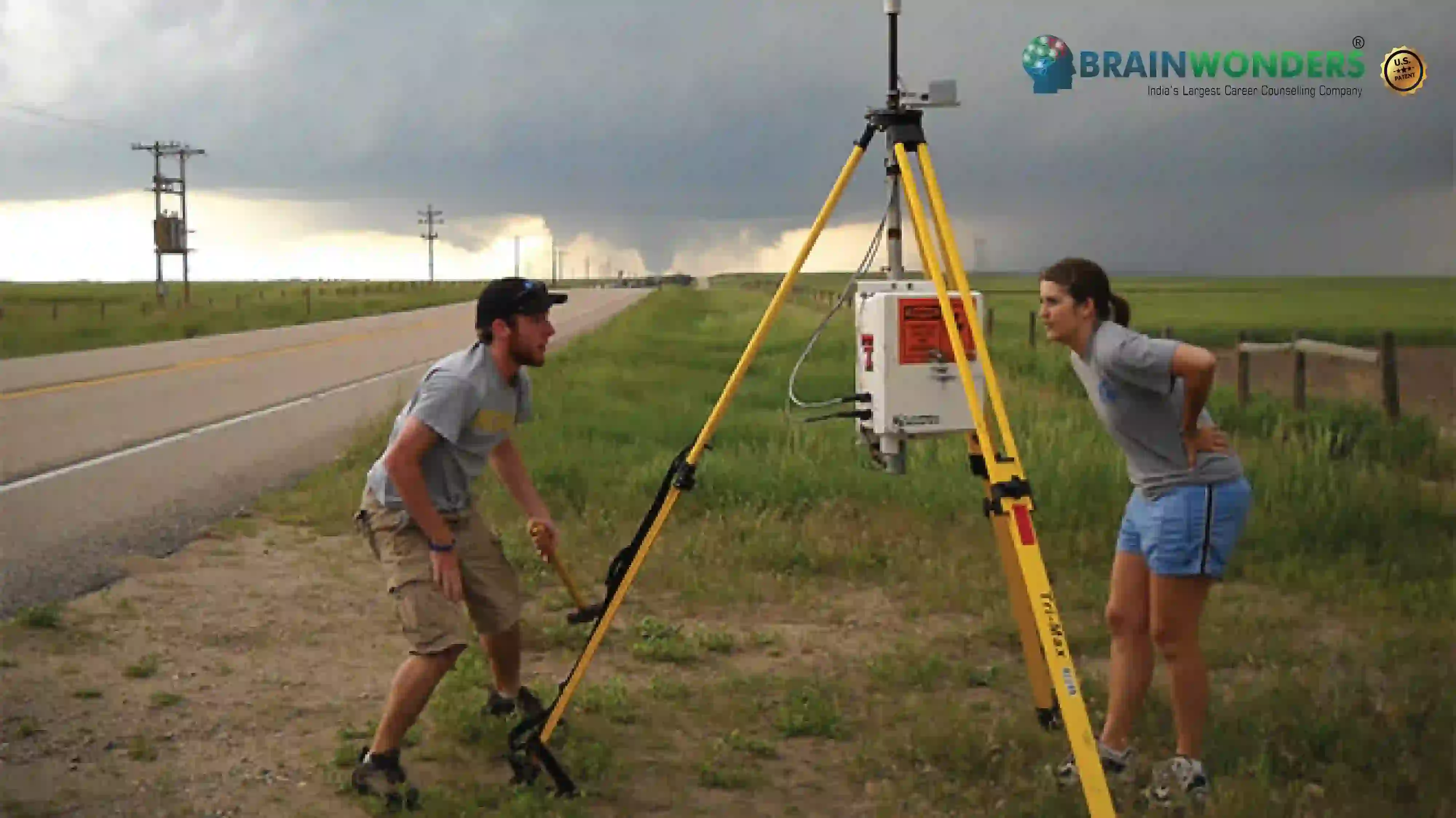How to become a Mapping Technician
Overview, Courses, Exam, Colleges, Pathways, Salary

Overview
Who is Mapping Technician ?
A mapping technician is a professional who specializes in the creation, maintenance, and interpretation of maps and geographic data. These technicians are crucial in various industries that rely on accurate and up-to-date maps, such as urban planning, environmental management, transportation, and surveying.
Mapping technicians are skilled in using advanced software and tools to collect, analyze, and present spatial information. They gather data from various sources, including satellite imagery, aerial photographs, field surveys, and geographic information systems (GIS). They then process this data to create maps, charts, and other visual representations of geographical features, boundaries, and infrastructure.
In addition, to map creation, mapping technicians may also be involved in updating existing maps, verifying data accuracy, and conducting quality control checks. They often collaborate with other professionals, such as geographers, cartographers, and surveyors, to ensure the reliability and usability of the maps they produce.
Typical day at work
What does Mapping Technician do?
- Data Collection: Mapping technicians gather geographic data from various sources such as satellite imagery, aerial photographs, field surveys, and existing maps. They ensure the accuracy and completeness of the data collected.
- Data Analysis: They use specialized software and tools to process and analyze the collected data. This involves organizing and manipulating the data to extract relevant information and identify patterns or trends.
- Map Creation: Mapping technicians utilize their technical skills and software proficiency to create maps, charts, and other visual representations. They accurately depict geographical features, boundaries, infrastructure, and other relevant information.
- Geographic Information Systems (GIS): They work extensively with GIS software to manage, store, and analyze spatial data. This includes creating and updating GIS databases, integrating different data layers, and performing spatial analysis.
- Quality Assurance: Mapping technicians perform quality control checks to ensure the maps' accuracy and reliability. They verify data accuracy, resolve discrepancies, and make necessary corrections.
- Collaboration: They collaborate with other professionals, such as geographers, cartographers, and surveyors, to ensure that the maps meet the required standards and fulfil specific project needs.
- Map Maintenance and Updates: As new data becomes available or changes occur in the geographical landscape, mapping technicians update and maintain existing maps to reflect the most current information.
Abilities and Aptitude needed
What are the skills, abilities & aptitude needed to become Mapping Technician?
- Geographic Knowledge: A strong understanding of geography, including geographic features, spatial relationships, and map projections, is essential.
- Technical Proficiency: Proficiency in using mapping software, geographic information systems (GIS), and other relevant tools and technologies is crucial. Familiarity with software such as ArcGIS, QGIS, AutoCAD, or other mapping and data analysis tools is beneficial.
- Data Collection and Analysis: Mapping technicians should be able to collect, organize, and analyze geographic data from various sources. This includes skills in data manipulation, spatial analysis, and interpretation.
- Attention to Detail: High attention to detail is necessary to ensure data collection, map creation, and analysis accuracy. Precision is vital when working with maps and geographic information.
- Problem-Solving Skills: Mapping technicians need strong problem-solving abilities to overcome data collection, analysis, or map creation challenges. They should be able to find innovative solutions to complex spatial problems.
- Communication Skills: Effective written and verbal communication skills are important. Mapping technicians often need to convey complex information or present maps and data to clients, colleagues, or stakeholders.
- Collaboration: Mapping technicians often work as part of a team, collaborating with other professionals such as geographers, surveyors, and cartographers. Working well in a team environment and contributing to a collective goal is crucial.
- Time Management: Mapping technicians may work on multiple projects simultaneously, so strong time management and organizational skills are necessary to meet deadlines and prioritize tasks.
- Continuous Learning: The field of mapping and geographic information is constantly evolving. Mapping technicians should be willing to learn and adapt to new technologies, software updates, and industry best practices.
- Ethical Conduct: Mapping technicians should adhere to ethical standards when handling sensitive geographic data, respecting privacy rights, and maintaining the integrity and security of data.
- By possessing these skills, abilities, and aptitudes, individuals can pursue a career as a mapping technician and contribute effectively to geospatial information and mapping.
Salary
Salary for Mapping Technician?
Salary of a Mapping Technician is as follows :
- Minimum Monthly Income (Mapping Technician): Entry-level Mapping Technicians in India typically earn a monthly income ranging from approximately INR 20,000 to INR 35,000 as they begin their careers, assisting with data collection, map production, and learning the fundamentals of geographic information systems.
- Maximum Monthly Income (Mapping Technician): Experienced and highly skilled Mapping Technicians, especially those who have expertise in advanced GIS software, 3D mapping techniques, or remote sensing technologies, can earn a maximum monthly income of INR 50,000 to INR 80,000 or more, depending on their specialization and the complexity of mapping projects.
- Annual Income (Mapping Technician): The annual income of a Mapping Technician varies based on factors such as experience, industry demand, involvement in large-scale mapping projects, and the ability to handle diverse spatial data. Annual earnings may range from INR 2,40,000 to INR 9,60,000 or higher for established technicians who consistently contribute to accurate map production, perform data analysis, and aid organizations in utilizing spatial information effectively.
- Highest Earning Opportunities and Scope: Mapping Technicians who specialize in remote sensing analysis, 3D modelling, or specialized GIS applications often command higher earnings due to their expertise in handling complex spatial data. Technicians who excel in creating visually appealing maps, conducting geospatial analysis, and providing insights for various industries can unlock enhanced earning potential. The scope for Mapping Technicians is promising as organizations across sectors recognize the value of geospatial data in decision-making and planning. With the increasing integration of mapping technologies and GIS in diverse fields, skilled Mapping Technicians are crucial in facilitating spatial understanding, supporting efficient resource management, and contributing to informed spatial solutions. This technical role offers significant opportunities for hands-on work, technological proficiency, and contributing to utilising spatial data for societal benefit.
Pathways
How to become an Mapping Technician?
Entrance Exam
Entrance Exam for Mapping Technician ?
Courses
Which course I can pursue?
Best Colleges
Which are the best colleges to attend to become an Mapping Technician?
Industries
Which Industries are open for Mapping Technician?
- Government Agencies: Mapping technicians are often employed by government agencies at various levels, such as municipal, regional, or national departments dealing with urban planning, land management, transportation, and environmental conservation.
- Engineering and Construction: Mapping technicians are crucial in engineering and construction projects by providing accurate maps and spatial data for site planning, infrastructure development, and land surveying.
- Environmental Management: Mapping technicians contribute to environmental management initiatives by mapping ecosystems, monitoring land use changes, and assisting in assessing and conserving natural resources.
- Transportation and Logistics: Mapping technicians support transportation and logistics companies by creating and maintaining maps for route planning, optimizing delivery systems, and analyzing traffic patterns.
- Natural Resource Exploration: Industries involved in mining, oil and gas exploration, and forestry rely on mapping technicians to assist in land mapping, resource evaluation, and spatial analysis.
- Urban Planning and Real Estate: Mapping technicians contribute to urban planning projects by creating maps for zoning, land use planning, and infrastructure development. They also provide mapping services for real estate agencies and property management companies.
- Environmental Consulting: Mapping technicians may work for environmental consulting firms, providing mapping and spatial analysis support for environmental impact assessments, habitat mapping, and resource management projects.
- Research and Academia: Mapping technicians can find employment opportunities in research institutions and academic settings, contributing to geographic studies, cartographic research, and spatial analysis.
- Non-profit and Conservation Organizations: Mapping technicians may work with non-profit organizations and conservation groups to map protected areas, track wildlife habitats, and support environmental conservation efforts.
- GIS and Mapping Services: Many private companies specialize in providing GIS and mapping services to various industries. Mapping technicians can work in these firms, offering expertise in creating maps, analyzing data, and providing geospatial solutions.
internship
Are there internships available for Mapping Technician?
- Government Agencies: Government departments at the local, regional, and national levels often offer internship programs for mapping technicians. These internships are in urban planning, land management, transportation, or environmental conservation departments.
- Engineering and Construction Companies: Companies involved in engineering and construction projects may have internships available for mapping technicians. These internships can provide exposure to mapping techniques used in infrastructure development, land surveying, and construction planning.
- Environmental and Conservation Organizations: Non-profit organizations and conservation groups may offer internships for mapping technicians to assist in mapping ecosystems, tracking wildlife habitats, or supporting environmental conservation initiatives.
- GIS and Mapping Services Companies: Private companies specializing in GIS and mapping services may provide internships for mapping technicians. These internships can offer practical experience in creating maps, analyzing data, and using mapping software.
- Research Institutions and Universities: Research institutions and universities conducting geography, cartography, or spatial analysis studies may offer mapping technicians internships. These internships can provide exposure to research projects and academic settings.
Career outlook
What does the future look like for Mapping Technician?
The future outlook for mapping technicians is promising. With the increasing demand for accurate geographic information in various industries, such as urban planning, transportation, and environmental management, the need for skilled mapping technicians is expected to grow. Advancements in technology, such as improved mapping software and remote sensing techniques, will provide new opportunities for mapping technicians to enhance their data collection and analysis capabilities. As a result, the career prospects for mapping technicians will likely remain favourable in the coming years.







